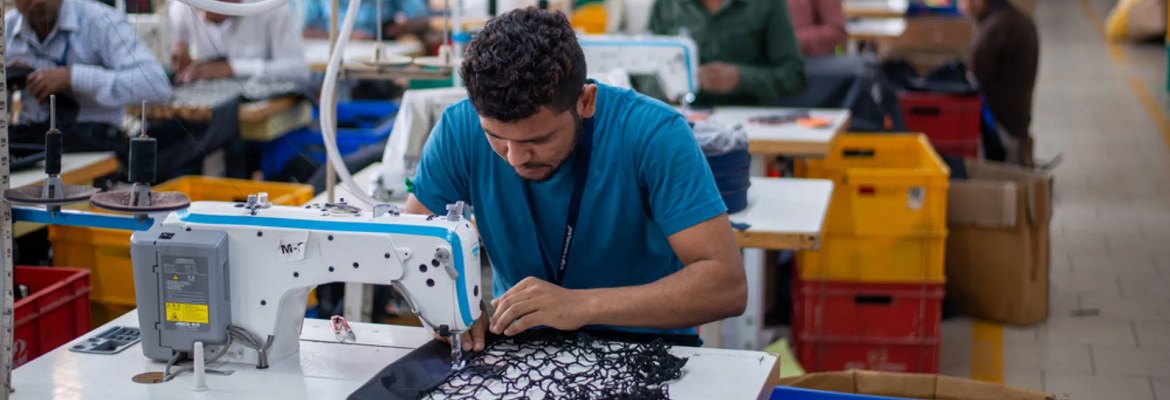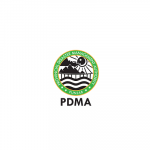Islamabad: Pakistan’s textile exports surged by 32.1% year-on-year in July 2025, reaching USD 1.52 billion compared with USD 1.27 billion in the same month last year, driven by robust demand for garments and knitwear, official data showed on Thursday.
According to the Pakistan Bureau of Statistics (PBS), knitwear exports rose sharply by 43.5% to USD 513.3 million, while readymade garments increased by 35.5% to USD 400.2 million. Bedwear shipments climbed 38.3% to USD 296.3 million, and towel exports were up 33.9% at USD 93.87 million. Cotton cloth exports inched up by 1.2% to USD 141.8 million.
While textiles led the export growth, food exports fell by 10.3% to USD 427 million. Rice exports dropped 18.3% to USD 168.1 million, with basmati rice plunging nearly 40% to USD 55.7 million. Vegetable exports slumped 45% to USD 15.9 million. However, meat exports grew 9.8% to USD 40.56 million, fruit exports jumped 43.6% to USD 58 million, and fish and seafood shipments rose 18.6% to USD 22.45 million.
Read: Economy records turnaround as current account swings to surplus
Other sectors also showed positive momentum. Sports goods exports increased 32.5% to USD 38.9 million, led by a 44.7% rise in football shipments to USD 25.7 million. Surgical instruments climbed 33.4% to USD 38.3 million, while cement exports more than doubled, rising 141% to USD 34.9 million. In contrast, chemical and pharmaceutical exports fell 24% to USD 102.6 million, largely due to a 40.7% drop in plastic products.
Imports also grew in July, with petroleum imports up 6.4% to USD 1.35 billion, machinery imports rising 29.4% to USD 927.5 million, and food imports surging 44.9% to USD 744 million. Telecom machinery imports climbed 87% to USD 192 million, with mobile phone imports alone rising 125.6% to USD 145.3 million. Transport imports also jumped 167% to USD 307 million, driven by a surge in completely and semi-knocked down (CKD/SKD) vehicle imports.
Within the food segment, palm oil imports rose 26.1% to USD 302 million, pulses 10.9% to USD 73.8 million, and infant milk imports nearly doubled to USD 15 million. Soya bean oil imports surged to USD 31.8 million, compared with just USD 1.01 million in the same month last year.







